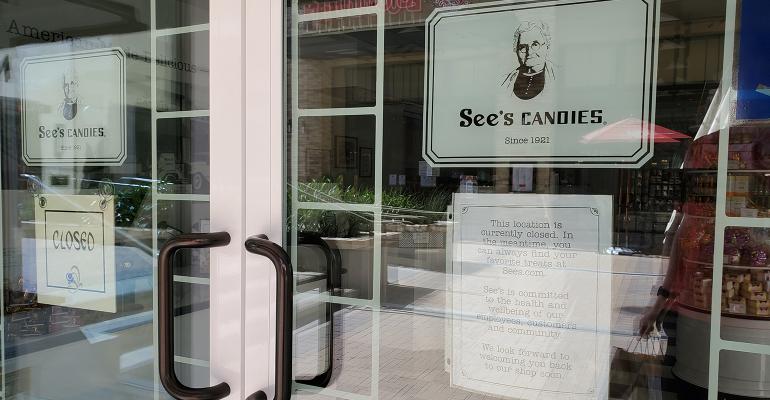Global financial markets have blown up. Businesses of every size—but small ones in particular—are hurting in ways never experienced. Everyone asks: When will stock markets hit bottom?
And what can policymakers do to help?
One thing we know about markets is they generally do not move in straight lines, up—or down. During periods of volatility, markets have often moved to the upside after a significant drop, but eventually retested lows.
To form a market bottom, we need visibility on the scope and timing of fiscal policy response, and the faster the better. It could take at least $1.5 trillion to soothe the market’s anxieties. Anything less and the markets may revolt, pushing prices down further and ultimately forcing Congress to provide the full $1.5 trillion, or more. That's what the markets are “pricing in” to get through this soft patch.
For real fiscal policy relief, we are looking most closely for help for small business owners.
The main concern is time: Small business owners need help now, in the very short term, and they may not get the money they need to survive the pandemic response in time because there are just too many of them. Whether hair salons, bars, restaurants or shops, many small business owners do not have the financial capability to last more than a couple of weeks in a shutdown. Applications for relief take time, first to put in place and then to navigate the ever-present red tape.
We hope Congress can take extraordinary action to bring relief much quicker, to avoid mass layoffs. But history does not bode well. The last couple of times fiscal stimulus went out to individuals, in 2001 and 2008, it took 3 1/2 months to get the first round of checks out the door.
Perhaps unsurprisingly, neither of those expensive stimulus packages proved effective.
The urgency this time is certainly different, but the federal government just does not have the capacity to get everyone who needs it a check within two weeks. Fortunately, there are some safeguards already enacted that can help individuals who have fallen on hard financial times.
Unemployment insurance can get timely payments to laid off workers to help fill the gap. Payroll tax holidays are options, but they would impact only people who still have jobs. Most taxpayers would receive a tax break of $40-$60 per month, not a lump sum of ready cash to spend.
Jobless claims will spike. Last week they went from 211,000 to 281,000, a significant jump, but this week they could soar to an enormous 2 million-plus. That would be unprecedented, far outpacing the previous U.S. record for unemployment claims of 695,000, set in 1982.
That 2 million is actually not egregious for a U.S. workforce in which roughly 40 million people work in an industry affected by coronavirus—retail, entertainment, events, sports, theme parks, conferences, travel, tourism, food service, bars, even energy, thanks to Saudi oil price moves. More than 15.5 million Americans work in restaurants. How many of these eating establishments are now open with normal service?
These hard-working employees tend to be hourly. Not captured in the unemployment claim estimates are workers in the gig economy. Uber rides in Seattle have declined by at least 40%-50% since the COVID-19 outbreak began.
Jobless claims could very well report to the upside. This could cause the market to continue the sell-off. It will continue to impact the U.S. economy. The silver lining is that the prospect of 2 million new jobless claims will spur Congress to come together and quickly pass a larger-than-expected fiscal stimulus package. Hopefully.
Only quick cash payments to small businesses will help us to see the financial markets’ bottom.
Jeff Schulze is an investment strategist at ClearBridge Investments, a subsidiary of Legg Mason. His opinions are not intended to be relied upon as a forecast of actual future events or performance or investment advice.





